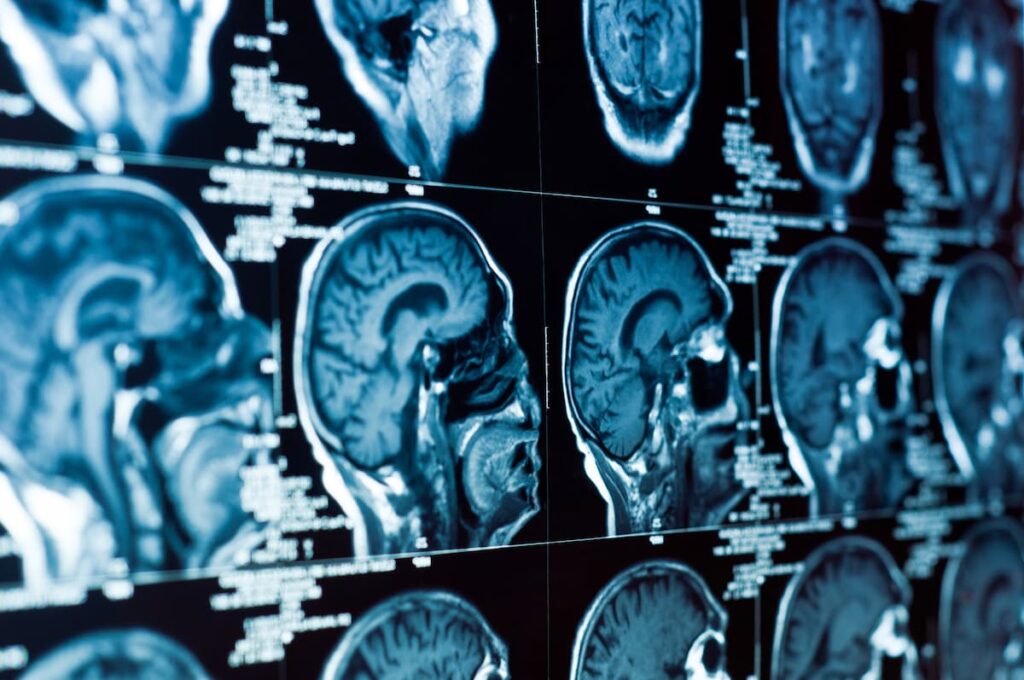Brain injuries are renowned for having knock-on effects that lead to mental disorders. Even the mildest brain injury can cause significant distress to one’s brain and may impact individuals differently based on the area of the brain that has been affected.
A brain injury can cause borderline personality disorder (BPD). Traumatic brain injuries can negatively impact an individual’s neurocognitive and emotional well-being. However, while a brain injury may cause BPD, it is important to note not all brain injuries will result in BPD.
Although a brain injury may result in one suffering from BPD, it is not the end of the road. Let’s explore some signs of borderline personality disorder and the various forms of treatment available.

Related Reading: Co-parenting With Someone Who Is a Sociopath
How Borderline Personality Disorder Is Diagnosed
Borderline personality disorder must be diagnosed through a psychiatrist, licensed psychologist, or clinical social worker.
If you suspect someone you know has BPD, consider suggesting that they visit one of these mental health professionals who can give them a formal diagnosis and point them in the direction of proper medical assistance.
Signs Of Borderline Personality Disorder
Here are a few signs that may indicate that you or a loved one may be experiencing borderline personality disorder.
Fear Of Abandonment
Fear of being abandoned is often prevalent in BPD patients. These individuals tend to obsess over the potential of someone leaving them and may go to great lengths to ensure the person does not leave.
Periods Of Paranoia
Periods of paranoia are often tied in with fear of abandonment experienced by people with BPD. The paranoia may present in fear that a loved one might die or that the individual themselves will be harmed if they leave places they consider safe such as their home.
Mood Swings
BPD sufferers tend to experience mood swings ranging from extreme anxiety or irritability to ecstatic levels of joy. These mood swings can last for hours or days.
Impulsive And Risky Behavior
Individuals with BPD may engage in risky or impulsive behavior. These behaviors may include drug abuse, unsafe sexual activities, gambling, reckless driving, or overall acts of self-sabotage.
Thoughts Or Threats Of Self-Harm
BPD often causes a host of fears and irrational thoughts that may lead to the individual feeling hopeless or unstable. Unfortunately, these feelings may result in the individual engaging in self-harm and contemplating suicide.
If you or someone you know is battling with self-harm or suicidal ideation, consider calling the 988 suicide hotline for urgent free mental health assistance.

Assistance For Borderline Personality Disorder
People with BPD need mental health assistance to live a comfortable life. Here are a few ways people with BPD can improve their quality of life.
Cognitive Behavioral Therapy
A general form of treatment for individuals with BPD is cognitive behavioral therapy. CBT is known to assist individuals who have negative core beliefs, which manifest in them having problems engaging with others.
CBT is considered helpful in assisting individuals in reducing anxiety and mood swings and has been shown to decrease suicidal behaviors and acts of self-harm.
Dialectical Behavior Therapy
Dialectical behavior therapy is a treatment plan specifically created for individuals with BPD. Dialectical behavior therapy consists of mindfulness practices to bring the individual to a state of awareness where they can be conscious of their emotional state.
The practice of mindfulness is known to equip individuals with the skills to manage intense emotions, reduce destructive and self-destructive behaviors, and improve social interactions and personal relationships.
Mental Health Medication
Individuals suffering from BPD often have symptoms linked to other mental disorders, such as depression or mood swings. Psychiatrists will assess a patient and determine the appropriate medicine required based on the symptoms present.
Continue Reading: Pathological Liar Definition [what it means]
Conclusion
Individuals who have experienced a brain injury that has caused borderline personality disorder require mental health assistance to live a functional life free of mental imbalances.
Dialectical behavior therapy, cognitive behavioral therapy, and mental health medication is proven helpful in decreasing the symptoms that people with BPD experience.

